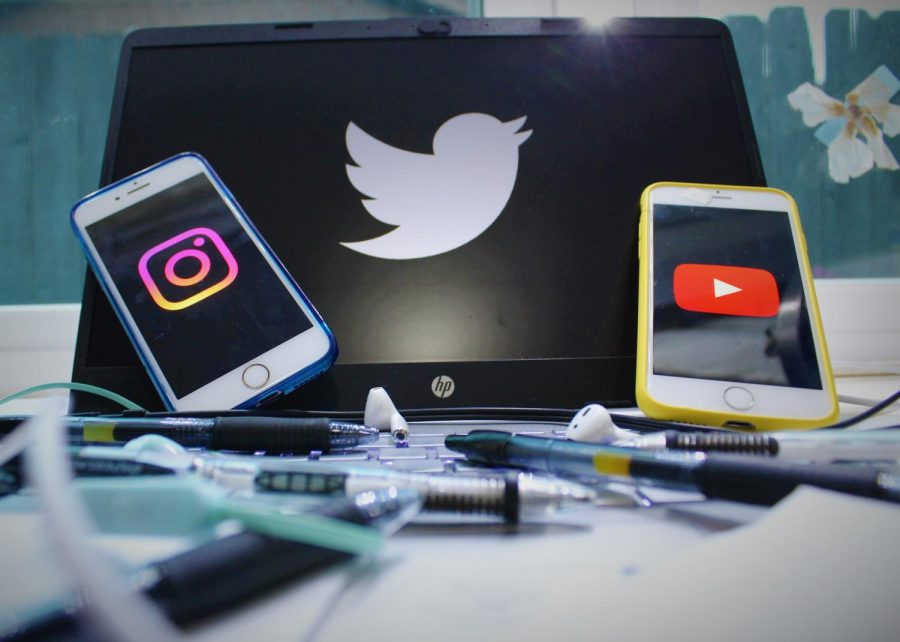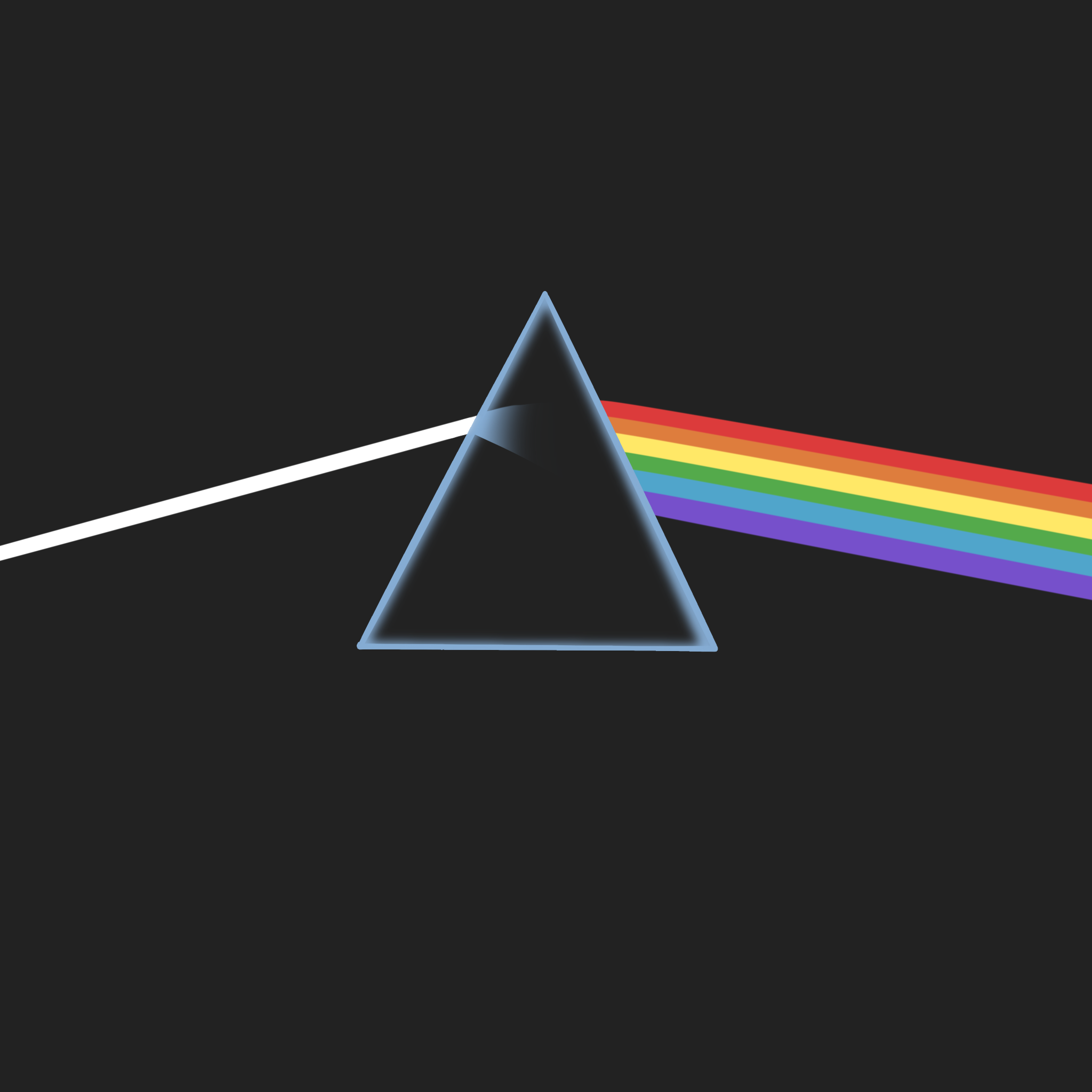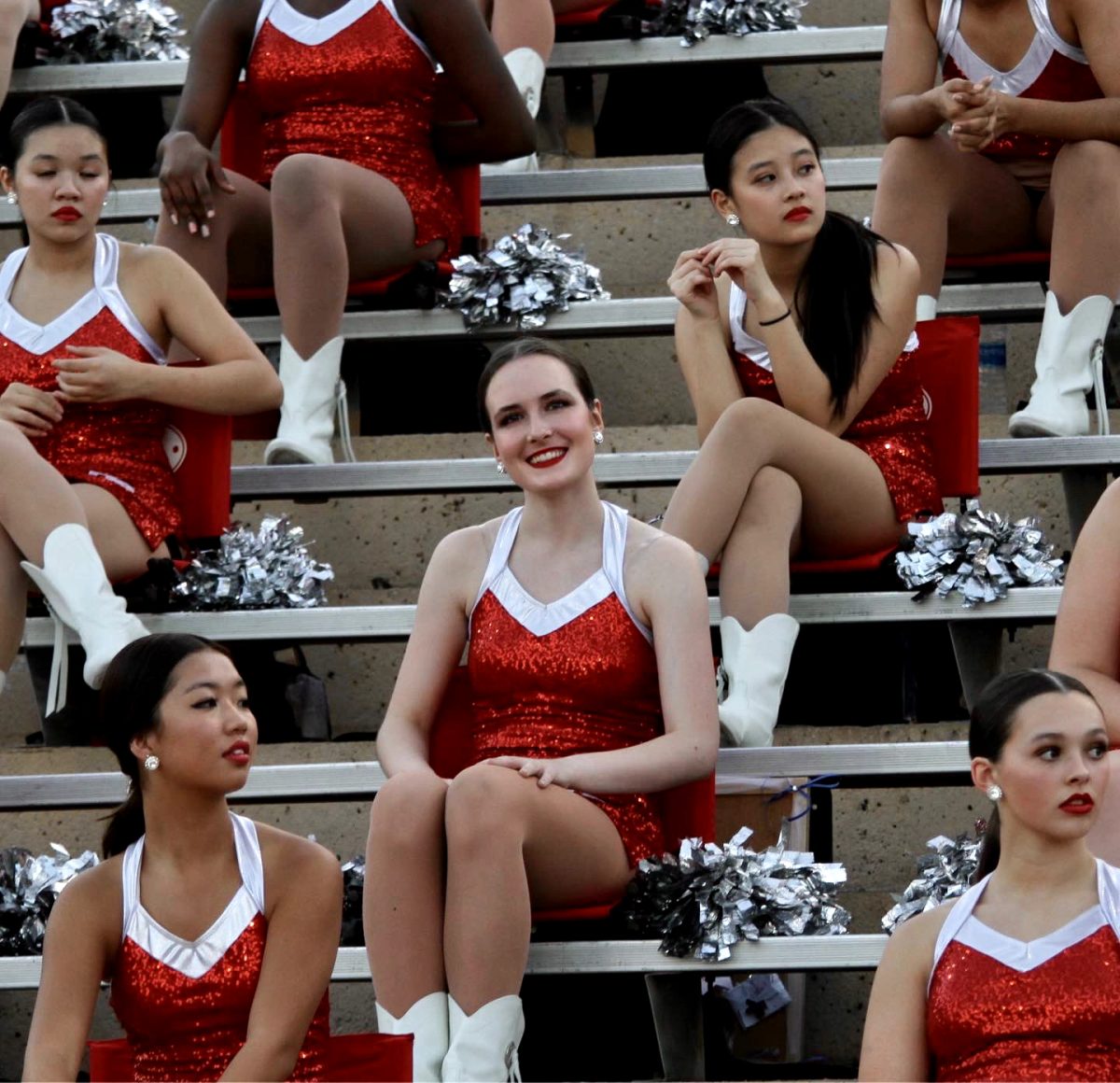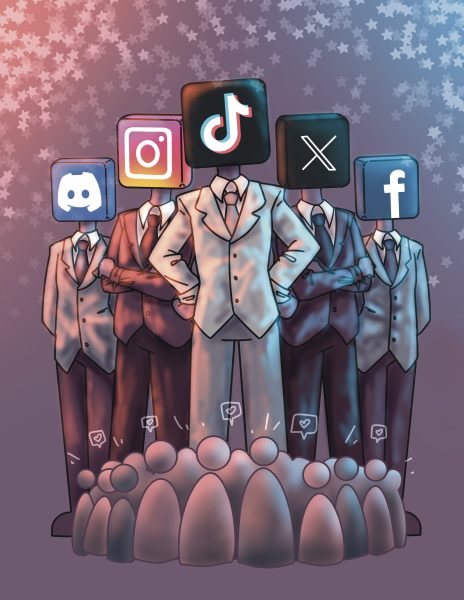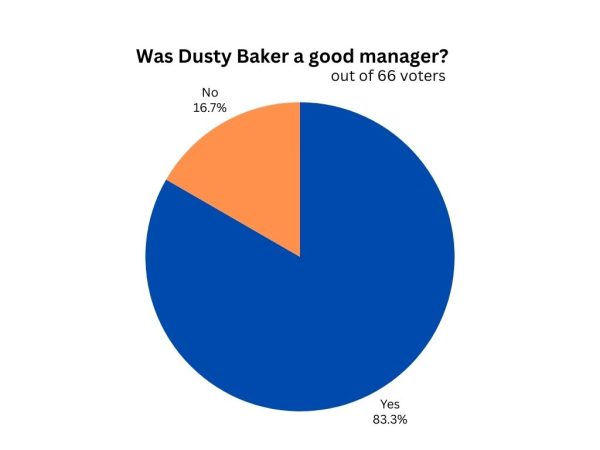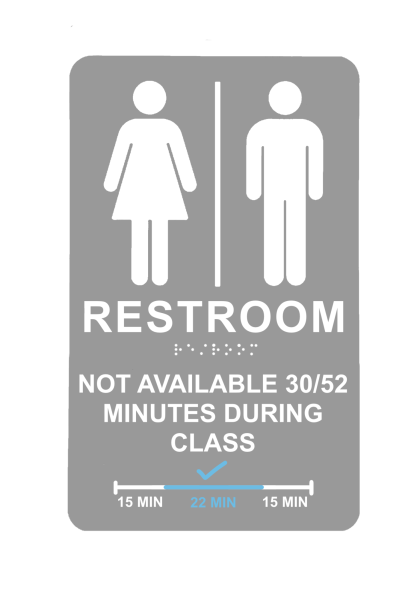Netflix documentary, ‘The Social Dilemma’ uncovers the reality of social media
Generation Z, the first generation to experience the technological boom as early as middle school, struggles with body image and self-esteem because of their exposure to social media.
Apr 1, 2021
“Do you check your smartphone before or while you pee in the morning?”
American businessman, investor, venture capitalist and musician Roger McManee says those are the only two options.
Whatever your answer may be, once you delve deeper into the true intent behind those social media companies, once you see the sinister results that come from the simple action of swiping your finger, once you realize that you are one of billions of test subjects in a mass technological experiment, you really have to question if staring at a screen for hours upon hours is the wise thing to do.
There’s only three words to describe the root of these recent thoughts: The Social Dilemma.
This newly-released Netflix documentary triggered both an intense self-reflection as well as the removal of all my social media. Gradually, my screen time dropped, and I even started to pick up a previously abandoned hobby: reading.
Here are some secrets of social media that I’ve learned through this Netflix find:
- We are the product.
The only two parties working hand-in-hand are the social media companies and the advertisers, users not included. After all, by promoting their services free of charge, the primary method they gain profit is through using us as clever advertising bait. Investopedia notes that, as of Dec. 2019, Facebook has over 2.5 billion active monthly users, making an average revenue of $8.52 per user. Thus, Facebook’s 2019 profit, only from advertising to the “products”, was approximately $2.13 billion.
- We are the guinea pigs.
We are not only products, but participants in large corporation schemes towards company growth. In The Social Dilemma, Harvard professor Shoshana Zuboff calls these schemes “surveillance capitalism.”
“Just like there are markets that trade in pork belly futures or oil futures,” Zuboff said, “we now have markets that trade in human futures at scale, and those markets have produced the trillions of dollars that have made the Internet companies the richest companies in the history of humanity.”
By tracking your every move on screen, manipulating you to spend more and more time on your phone, social media companies get to know their customers on a much more personal level. We fall victim to their ruse, willingly sharing our private information just to be able to like a few posts of our friends and connect to modern society.
- Social media is manipulation.
Since the entire social media enterprise stays afloat through our presence, they will do anything to gain your attention and interest you. These companies got so good at taking us away from our own lives that according to Psychology Today, the average person spends 91 days per year on social media, or 2184 hours. We spend nearly a quarter of our year on screen continuously scrolling to nowhere, and we don’t even realize it.
What’s even more frightening is that these social media applications are programmed to addict the users. Over time, we are swept into this unconscious habit of checking our phones relentlessly, otherwise known as positive intermittent reinforcement.
“Every time you see the phone there on the counter,” former Google design ethicist Tristan Harris said, “and you just look at it, and you know if you reach over, it just might have something for you, so you play that slot machine to see what you got, right? That’s not by accident. That’s a design technique.”
The longer we stay with our phones, the more social media becomes permanently stuck inside our brains to the point where even if we want to stop, we can’t.
- Generation Z is suffering.
This generation has been the first to own smartphones since middle school, yet this generation has also been the first to experience the highest rates of suicide and mental disorders. Additionally, our generation has been especially susceptible to what others think of us. Issues like body-shaming and mental health become social norms in our world.
“We curate our lives around this perceived sense of perfection,” venture capitalist Chamath Palihapitiya said, “because we get rewarded in these short-term signals– hearts, likes, thumbs-up– and we conflate that with value, and we conflate it with truth. And instead, what it really is is fake, brittle popularity… that’s short-term and that leaves you even more, and admit it, vacant and empty before you did it.”
It’s true that social media is here for good reason. Without it, our society could not have grown at such rapid pace, and out of all honesty, I could not go far without my cellular device in the palm of my hand. Junior Katherine Chen thinks it goes both ways: good and bad.
“It all really depends on how you use social media and how much you let it affect your life,” Chen said.
To completely cut off your social life on the phone is too extreme, but so is spending 12 hours a day swiping through TikToks. Find the balance between the two, and maybe you can finally leave the phone alone.

